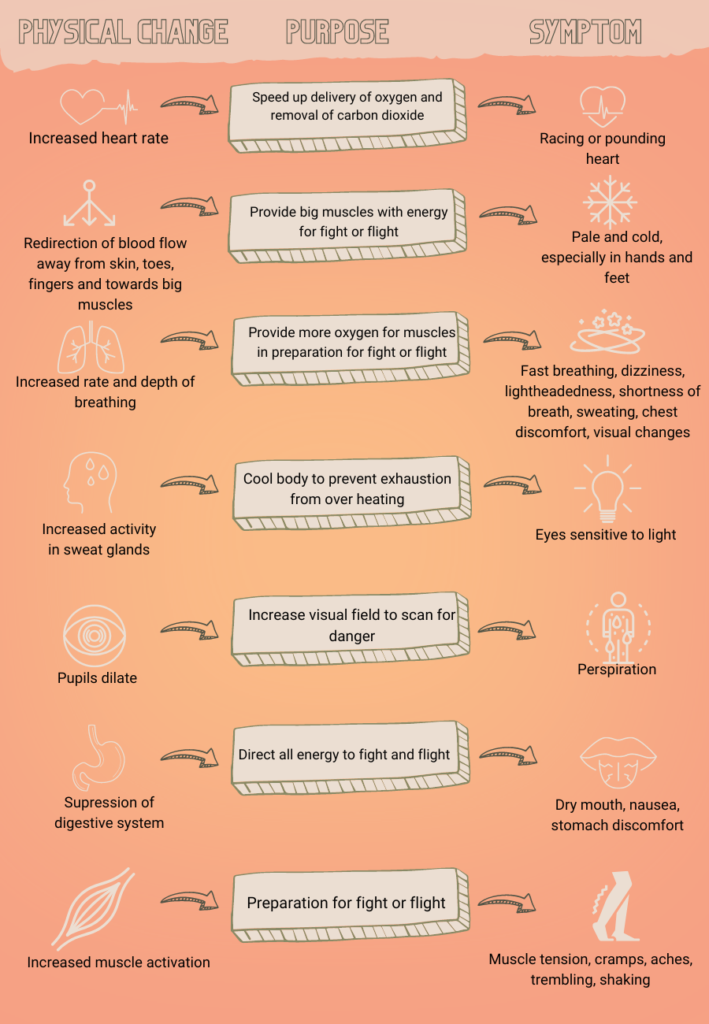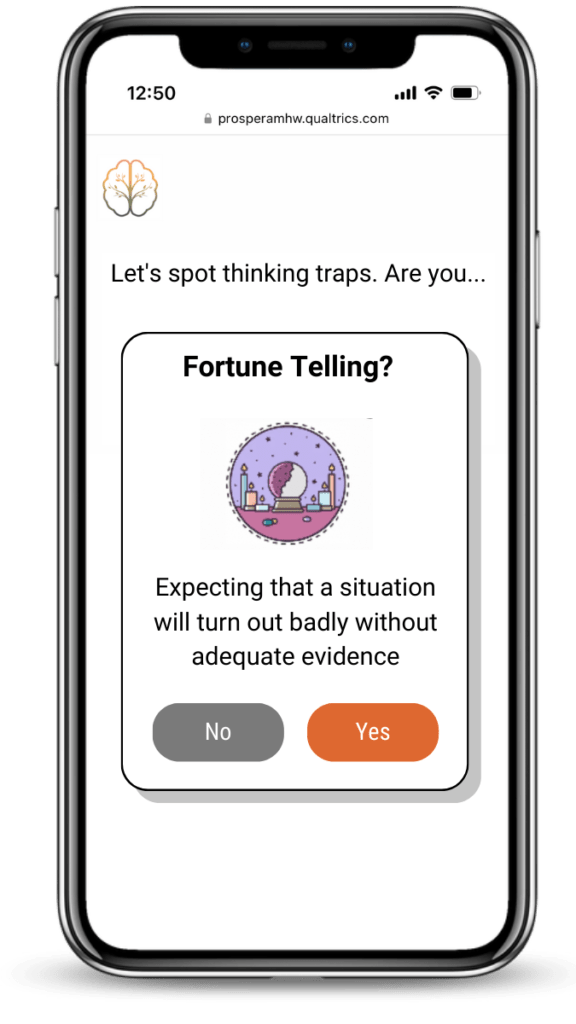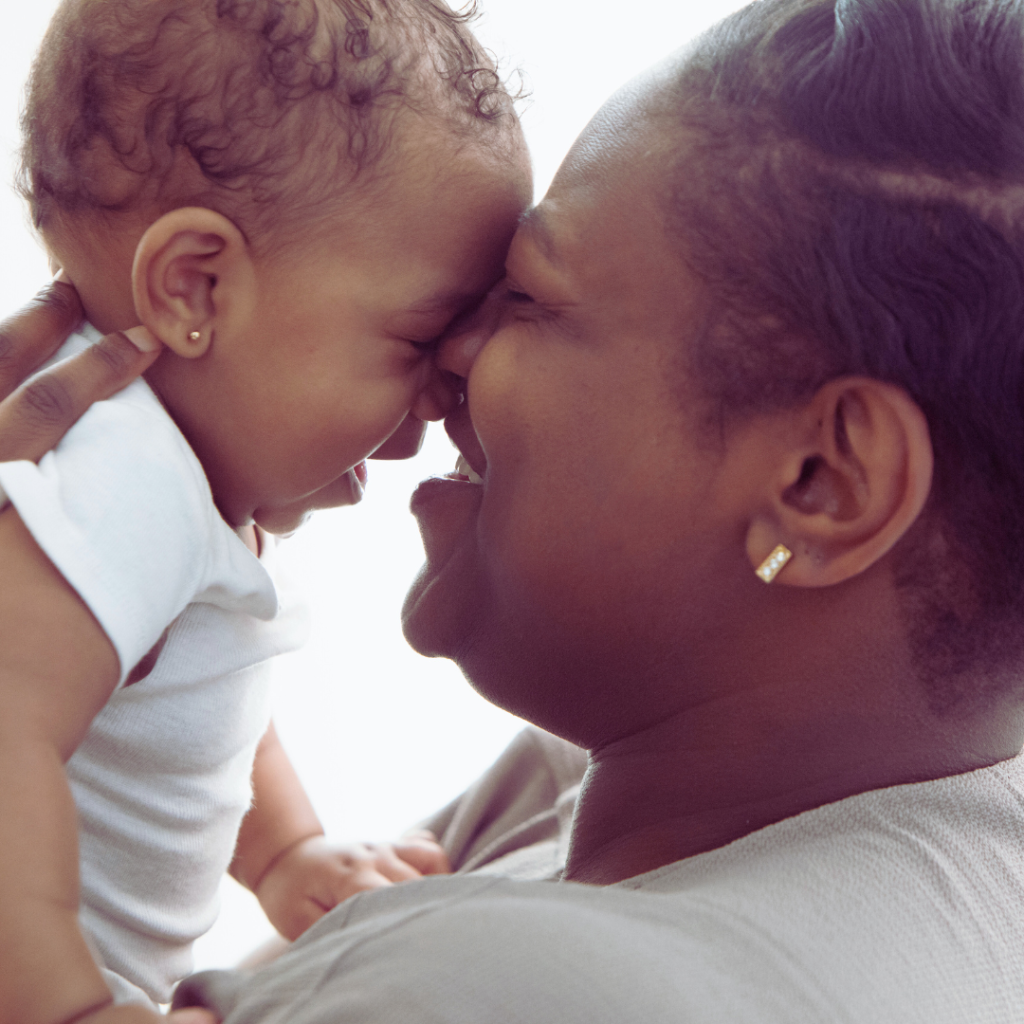
Life after a new baby can leave you feeling overwhelmed – it can feel impossible to keep up at the best of times. But if you struggle with postpartum anxiety (PPA), that feeling can escalate dramatically.
As overwhelming and stressful as postpartum life is, it’s no surprise that something like 20% of women will experience postpartum anxiety, and many experts believe that’s an underestimation.
So let’s start there, with more information about PPA and how to know if you might have it.

Get help for postpartum anxiety
✓ 1-on-1 weekly sessions
✓ Perinatal mental health coaches
✓ Just $39 per session
Postpartum Anxiety Symptoms
It can be difficult to know whether your anxiety is a normal response to a stressful circumstance or a sign of a mental health condition, but the main things to look for are intensity and duration. The signs of postpartum anxiety include feeling very worried or afraid for more than two weeks. If you’re constantly stuck in your head worrying about everything under the sun, you may be suffering from PPA.
There are also physical symptoms to look out for, like a racing heart, jitters, and shaking (some moms also have panic attacks). Some symptoms of postpartum anxiety can also be symptoms of postpartum depression – these include insomnia, irritability, high stress, or even rage.

How to know for sure if you have PPA
Your doctor can assess you for postpartum anxiety and will diagnose you if you meet the criteria – that’s the best way to be sure of whether you have it. Risk factors for postpartum anxiety include a history of anxiety or depression, birth trauma, complications during pregnancy, labor, or postpartum, and a family history of anxiety. The most widely used postpartum anxiety quiz is the GAD-7, a questionnaire that screens for common symptoms of an anxiety disorder.

Talk to a maternal mental health expert about your postpartum anxiety
✓ 1-on-1 weekly sessions
✓ Perinatal mental health coaches
✓ Free phone consult
How Long Does it Last?
Here’s the bad news: if left untreated, postpartum anxiety can morph into generalized anxiety disorder, which can last your whole life. But the good news is that there are great treatments for postpartum anxiety, most notably cognitive behavioral therapy (which is why all Prospera coaches are trained in CBT techniques).
What To Do If You Have it & What Are the Best Postpartum Anxiety Treatments
The first thing you should do is trust your instincts. If something feels wrong, it’s worth taking the time to get help figuring it out. You deserve to take care of your mental (and physical) health, even when it often feels like your baby is the only one deserving of care.
Once you’ve decided to take action, here are the next steps to take:
- Talk to your doctor. Your primary care physician can help you understand if your symptoms are indicative of postpartum anxiety or something different, and can advise you on a treatment plan. This may include medication, but whether or not you go that route you should definitely consider working with a mental health professional. Which leads us to the next step.
- Get structured emotional support. Regular sessions with a mental health provider can help you learn and practice coping mechanisms for your anxiety. A provider who practices cognitive behavioral therapy techniques like reframing and exposure is your best bet for fast, effective support. Support groups are also a great option if you want the community of other moms going through the same thing.
- Fight the urge to change your behavior in response to your worries. It can be tempting to avoid activities and situations that trigger your anxiety – cooking with sharp tools near your baby, for example, or holding her near a dangerous height – especially if you’re experiencing intrusive thoughts. But giving in to your fears can increase their power, as if you’re validating them, so try to face your fears and keep going with your life as normal.
The absolute best thing you can do for PPA is get support from a mental health professional, and we can help with that.
At Prospera, our mental health coaches are trained in cognitive behavioral therapy (CBT) techniques, which are super effective for anxiety, depression, and anger issues. We have dozens of interactive tools designed to support mom’s mental health.


Thinking Traps Tool from the Prospera Perinatal Coaching Program
If you think coping tools could help you manage your postpartum anxiety and feel more confident and relaxed in your role as a mother, book a free phone consult with us! Help is available.
Prospera: Mental Health For Moms




★ ★ ★ ★ ★
5.0 from 40+ ratings
Content reviewed by Dr. Andrea Niles, Clinical Psychologist
Anne Godenham is a writer and editor with a passion for mental health awareness and accessibility


